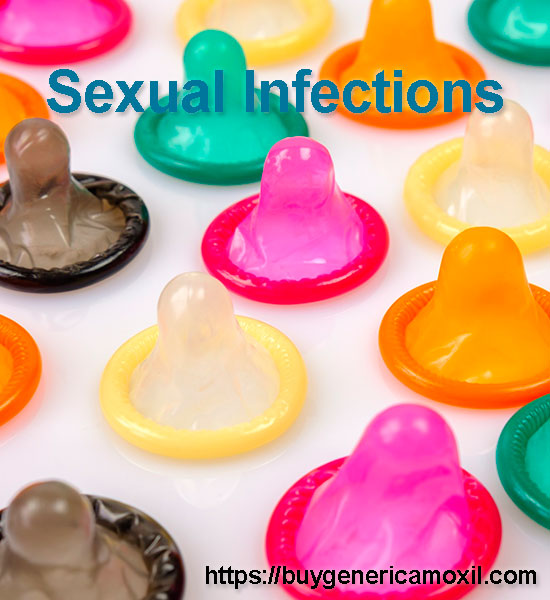Sexual infections are most often treated with antibiotics. This statement is true only for infections caused by bacterial flora. The human papillomavirus or herpetic infection requires specific therapy, medications with an antibacterial effect in this case do not help.
It is important to note that bacterial sexual infections can not be cured by any other medicine, a mandatory course of antibacterial therapy is required. Even if the patient thought that folk remedies or other medications helped him, most likely the STD simply turned into a chronic latent form. However, the patient will still be contagious to the partners.
Treatment of STDs with broad-spectrum antibiotics
Antibiotics are drugs that inhibit the growth of certain types of living microorganisms or cause their death. Drugs can be synthetic, semi-synthetic or of natural origin.
Antibiotics for STDs in women and men help eliminate the pathogen and get rid of the symptoms of the inflammatory process that were triggered by the pathogen.
Only antibacterial agents can simultaneously eliminate both the cause and effect of the disease.
Treatment of STDs with broad-spectrum antibiotics is carried out as prescribed and under the supervision of a doctor. You can not choose such medications yourself, as this is fraught with complications. If the patient drinks medication that is ineffective against the pathogen, treatment will not help him. And if you take an antibacterial agent in an insufficient dosage, then the bacteria will develop resistance to this drug. In the future, it will be much more difficult to recover.
How do antibiotics affect sexual infections
Antibacterial agents are divided into bactericidal and bacteriostatic according to the principle of exposure. The first kill bacteria, such drugs include penicillins, cephalosporins, etc. Bacteriostatic drugs cause changes in microorganisms, preventing their growth and reproduction.
Broad-spectrum antibiotics affect many microorganisms. They are prescribed for mixed infections and if treatment needs to start immediately, and tests have not yet been passed. After identifying the pathogen, the doctor can recommend exactly the medication that has the greatest effectiveness in relation to the found bacteria.
Prevention of sexual infections with antibiotics
Antibiotics for the prevention of STDs are used once immediately after sexual intercourse, if the risk of infection is very high. As a rule, broad-spectrum drugs are used in a very high dosage, for example, Amoxil.

This method of prevention is undesirable and cannot be used permanently. First, it is impossible to guess exactly with the drug, since different infections require different treatment. Second, all pills have side effects. You can greatly harm your health if you engage in such prevention.
To avoid STDs, it is necessary to protect yourself with a condom, and it is better not to have sexual relations with people whose sexual health is unknown.